Grade 3
-
Language
-
Reading: Fluency
-
Reading: Informational
-
Reading: Literature
-
Speaking & Listening
-
Writing
CCSS ELA Standard: 3.W.3
Write narratives to develop real or imagined experiences or events using effective technique, descriptive details, and clear event sequences.
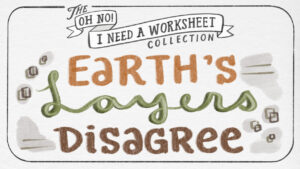
Earth’s Layers: Who Contributes The Most?
Earth’s layers will disagree about which one contributes the most to the planet’s success.
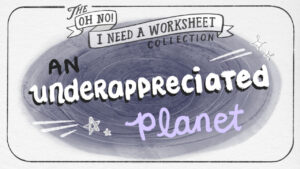
An Under-Appreciated Planet
Students write from the point of view of the most under-appreciated planet.
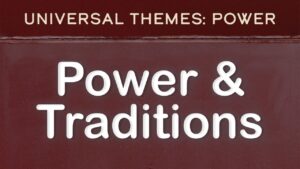
Power and Traditions
We compare the power of traditions shared by millions with smaller traditions shared by perhaps just one family.
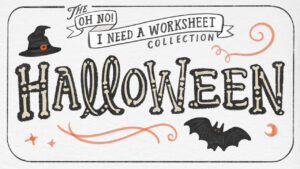
Halloween Worksheets
Crosswords, image analysis, and writing prompts for Halloween!
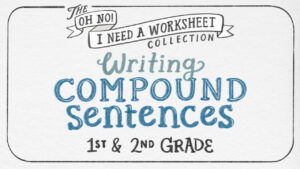
Writing Compound Sentences
Students work with subjects, predicates, and conjunctions to write compound sentences.
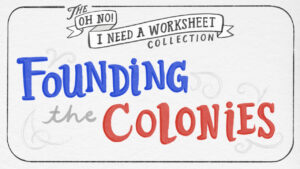
Founding The Colonies
13 colonies activities including a word search and task cards packed with facts. Plus, students will create their own colony with a name, story, and map!

Characters’ Faults Can Also Be Strengths
Strength and weakness are often two sides of the same coin. Students will explore how a character’s flaw can be a benefit.
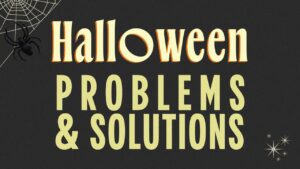
Halloween Problems and Solutions
When we try to solve a problem, sometimes we end up creating new problems. Which lead to new solutions. Which lead to new problems.

St. Patrick and Other Legends
How would real people feel about the legends that have been created about them?

Change A Story’s Genre
What if we rewrote a story’s climax into a totally different genre?

Holiday Emoji Story ⛷️
Students will create a story about ⛷️🌨️🌲🐻🤝

Holiday Emoji Story 🍪
Students will create a story about 🍪🥛🔍🐾🦌

Holiday Emoji Story ☃️
Students will create a story about ☃️👑🏔️🔭✨

Holiday Emoji Story 🎅
Students will create a story about 🎅🛷🌀🚀🌍

Holiday Emoji Story 🚚
Students will create a story about 🚚🎁🤔🐶🫣

Halloween Emoji Story 🎃
Students will create a story about 🎃🕯️📖💥👻.

Halloween Emoji Story 🌕
Students will create a story about 🌕🌲👣😱💨.

Halloween Emoji Story 🕷️
Students will create a story about 🕷️🕸️📩🔑🚪.

Emoji Stories 🦁
Students will create a story about 🦁👑🐗🎶🌄

Emoji Stories 🐌
Students will create a story about 🐌📬✈️🏛️ 📜

Emoji Stories 🚚
Students will create a story about 🚚🤖📻🛸🌌

Emoji Stories 🏟️
Students will create a story about 🏟️🏹🍞🐦🔥

Emoji Stories 🕰️
Students will create a story about 🕰️🎩🐀💎🕺

Emoji Stories 👁️
Students will create a story about 👁️🔮🌩️🚷🌲

Emoji Stories 🚗
Students will write a story about 🚗🗺️🌋🐉🌉

Emoji Stories 🤖
Students will create a story about 🤖💃🎵🕺🐔.

Emoji Stories 🐻
Students will create a story about 🐻🎩🎙️🐰🤣.

Emoji Stories 🏰
Students will create a story about 🏰📚🔍🔐🚪.

Emoji Stories 🛥️
Students will write a story about 🛥️🏊🌊🐙🤝 .

Mother’s Day Cards
Let’s write the cleverest Mother’s Day cards you’ve ever seen!

A Halloween Costume Gone Wrong
Let’s go roller skating in a Halloween costume! What could possibly go wrong?

Thanksgiving Photo Writing
Starting with an old-timey photo, students will write from a particular item’s point of view.

Discussing An Important Decision from History
How would people with two different perspectives discuss a decision from history?

Back to School: Rewriting The Beatles’ “Help!”
Can your students come up with a one-syllable word to sum up their time away from school? And then rewrite The Beatles’ song Help!?

Writing in Pilish
Pi can go beyond circles! What if you wrote using the digits of pi as your guide?

The Pros and Cons of Producers and Consumers
Sure, students might know the difference between a producer and a consumer… but have they considered how they feel about each other? What, in a producer’s opinion, are the pros and cons of a consumer?

Think Like A Philosopher
What would Socrates have thought if he watched Frozen?
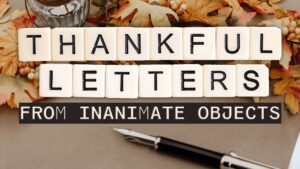
Writing A Thanksgiving Letter
What if an inanimate object could express thanks for a special person in your life? What would it write?

Characters Dressed as Other Characters for Halloween
What if one character dressed up as another for Halloween? Would the Cat in the Hat pick Captain Jack Sparrow, because they’re both chaotic yet good-natured people? Would Elsa dress up as The Ice King since they are both lonely?

SCAMPER: Scaffolding Creativity
Asking students to “think creatively” won’t get you far. They won’t know how to start, they’ll get stuck with simple ideas, or they’ll just go completely wild. SCAMPER is a tool for scaffolding the process of creativity.

The Personalities of Rocks
What would an igneous rock be like? Would it get along with a sedimentary rock? Could they handle the hot personality of a metamorphic rock?

Student Introductions With Depth and Frames
Want to introduce the tools of Depth and Complexity and learn more about your students and introduce the Frame graphic organizer? Have I got the activity for you!

More Specific than “Smart”
When students are told that they’re “smart”, what does this word actually mean to them? (Psst. It isn’t what we intended.)
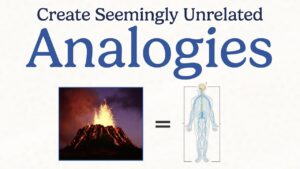
Building Creative Analogies
We’ll take two seemingly unrelated pieces of content (say volcanoes and the human body) and then build analogies to connect the two ideas. In the end, students can create a skit, comic, or story relating the two concepts.

Literary Technique: Juxtaposition
Put a grumpy character next to a joyful one and they make each other stand out even more. Opposites are powerful!

Create A Creature
Create a new creature based on the adaptations of existing creatures from the same biome.

Better Stories Part 5: Plot Structure
Ever read a student’s story that was just event after event after event and then a very sudden ending? They lack an understanding of a plot’s structure. With the help of Finding Nemo, I break down how to set up a well-structured plot.

Better Stories Part 2: Types of Conflict
If your students’ stories are packed with endless ninja fights or arguments between frenemies, it’s time to expose them to a wider range of conflicts.

Better Stories Part 3: Literary Themes
A typical student narrative includes plot and characters but lacks a larger idea to hold it all together. This is where a lesson on themes comes in…

Better Stories Part 1: The Big Idea
We open our unit on narrative writing with a big idea: “structure increases creativity.” I show how this is true by bringing in examples from across all disciplines.

Better Stories Part 4: Character Archetypes
Are students’ characters a bit flat? Archetypes give them a strong foundation on which to build their own characters as well as a tool to analyze existing stories.